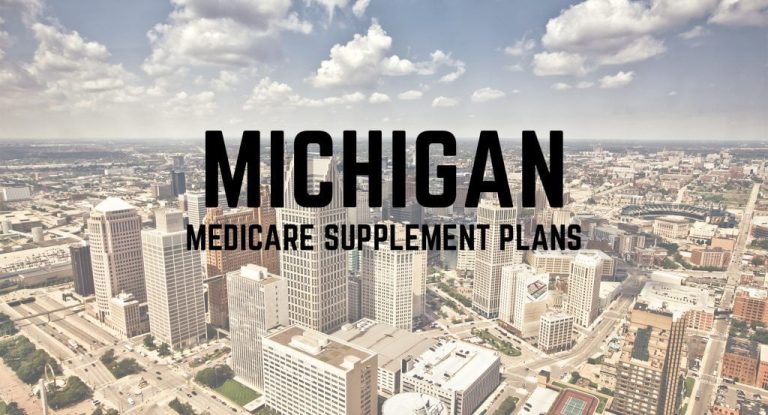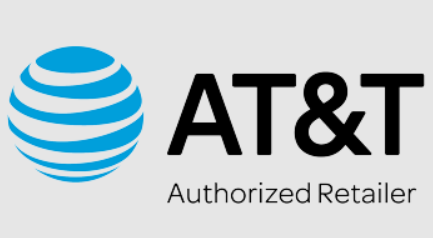The Iowa Affordable Care Act (ACA), often referred to as Obamacare, has had a significant impact on the healthcare landscape in Iowa since its implementation in 2010. This landmark legislation aimed to expand access to affordable health insurance, improve the quality of healthcare, and lower healthcare costs for individuals and families. In this comprehensive article, we will explore the key provisions of the ACA in Iowa, its impact on the state’s healthcare system, and the challenges and opportunities it presents.
Key Provisions of the Iowa Affordable Care Act
-
Individual Mandate: The ACA initially included an individual mandate requiring most individuals to have health insurance or pay a penalty. However, this mandate was effectively repealed at the federal level in 2019.
-
Health Insurance Marketplace: The ACA established a Health Insurance Marketplace, also known as the exchange, where individuals and small businesses can compare and purchase health insurance plans. The Marketplace offers a variety of plans with different levels of coverage and costs, and subsidies are available to eligible individuals and families to help them afford coverage.
-
Medicaid Expansion: The ACA provided states with the option to expand Medicaid eligibility to individuals and families with incomes up to 138% of the federal poverty level. Iowa initially opted not to expand Medicaid, but in 2014, the state implemented a modified expansion program known as the Iowa Health and Wellness Plan.
-
Essential Health Benefits: The ACA requires all health insurance plans offered on the Marketplace and many other plans to cover a set of essential health benefits, including preventive care, hospitalization, prescription drugs, and mental health services.
-
Pre-existing Conditions: The ACA prohibits health insurers from denying coverage or charging higher premiums to individuals with pre-existing conditions.
-
Dependent Coverage: The ACA allows young adults to remain on their parents’ health insurance plans until age 26.
Impact of the Iowa Affordable Care Act
The Iowa Affordable Care Act has had a profound impact on the state’s healthcare system, expanding access to affordable health insurance and improving the quality of healthcare for many Iowans.
-
Increased Access to Health Insurance: The ACA has significantly increased the number of Iowans with health insurance. According to the U.S. Census Bureau, the uninsured rate in Iowa dropped from 12.2% in 2010 to 4.4% in 2022. This increase in coverage has been driven by a combination of factors, including the expansion of Medicaid, the availability of subsidies on the Marketplace, and the prohibition on denying coverage for pre-existing conditions.
-
Improved Access to Care: With increased access to health insurance, more Iowans are able to access preventive care, manage chronic conditions, and receive timely treatment for illnesses and injuries. This has led to improved health outcomes and reduced healthcare costs in the long run.
-
Economic Benefits: The ACA has also had a positive impact on the state’s economy. The expansion of Medicaid has created jobs in the healthcare sector, and the increased access to care has reduced the burden of uncompensated care on hospitals and other providers.
Challenges and Opportunities
While the Iowa Affordable Care Act has achieved significant successes, it also faces several challenges and opportunities.
-
Affordability: Although the ACA has made health insurance more affordable for many Iowans, some individuals and families still struggle to afford coverage. The cost of premiums, deductibles, and copayments can be a significant burden, particularly for those with low incomes or high healthcare needs.
-
Provider Shortages: Iowa, like many other states, faces a shortage of healthcare providers, particularly in rural areas. This can make it difficult for individuals to access timely and affordable care, even if they have health insurance.
-
Political Uncertainty: The future of the ACA remains uncertain, as it has been the subject of repeated attempts at repeal and replacement at the federal level. This uncertainty can create anxiety for individuals and families who rely on the ACA for their health insurance coverage.
Despite these challenges, the ACA also presents several opportunities for improving the healthcare system in Iowa.
-
Expanding Coverage: There is still room to expand coverage in Iowa, particularly among those who fall into the “coverage gap” – individuals and families with incomes too high to qualify for Medicaid but too low to afford Marketplace coverage without subsidies.
-
Improving Affordability: Policymakers can explore ways to further improve the affordability of health insurance, such as increasing subsidies, capping out-of-pocket costs, and negotiating lower drug prices.
-
Addressing Provider Shortages: Iowa can invest in programs to attract and retain healthcare providers, particularly in rural areas. This could include expanding loan repayment programs, increasing funding for medical education, and supporting telemedicine initiatives.
Conclusion
The Iowa Affordable Care Act has played a crucial role in expanding access to affordable health insurance and improving the quality of healthcare in Iowa. While challenges remain, the ACA also presents opportunities for further strengthening the state’s healthcare system. By working together, policymakers, healthcare providers, and advocates can ensure that all Iowans have access to the care they need to live healthy and productive lives.
Read More: AetnaMedicareDental: A Comprehensive Guide to Your Dental Health




